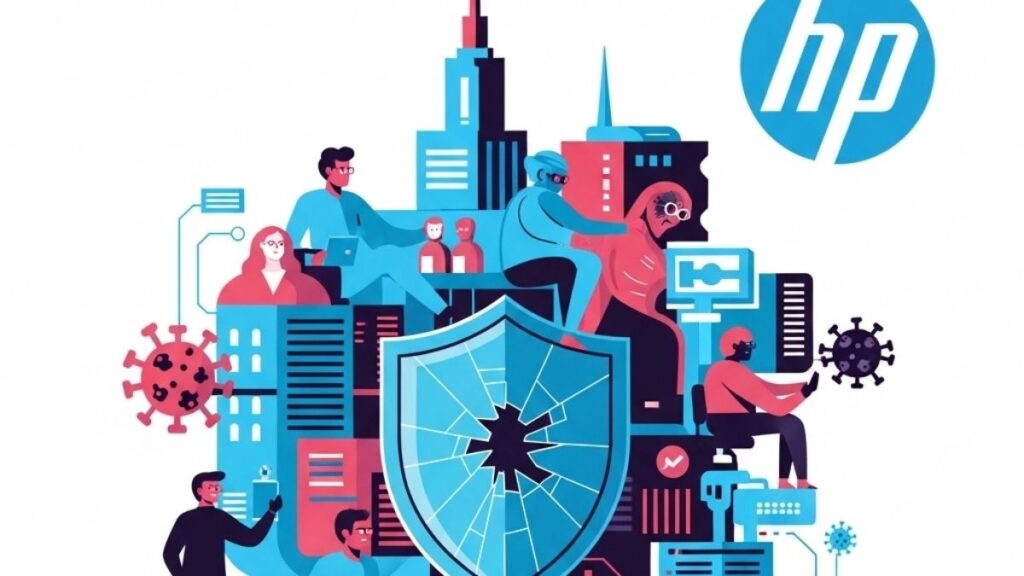One of the things that is somewhat unique to IBM is its focus on capturing the metrics surrounding a deployment of a new technology and getting the related customer to share those metrics. Even though IBM is one of the most trusted brands in the world, there is a certain amount of understandable skepticism when a vendor, any vendor, touts benefits its marketing department sourced without any third-party validation.
Named customer metrics are far more credible and can be better used to justify a vendor’s choice or to support a vendor’s claim. This year, IBM posted several metrics on Power deployments with significant operational savings from the customers that deployed its technology.
Let’s explore the benefits these large companies achieved with Power.
Tata Consultancy Services (TCS)
One of the ways you can get to a reference account is through a service provider. When I worked at IBM, I used this same method to gain insights as to what was happening during the sales process and was able to determine that we had an executive who was actively working against the best interests of the company. IBM has clearly not forgotten how to do this, and the cases below are an example of the power of this approach.
Tata is one of the largest and most powerful companies in the world. I’m most familiar with its automotive business, but it has a breadth of products that rivals some of the Japanese and Taiwanese mega companies. TCS is its consultancy, which has grown out of the company as its own needs advanced to provide services worldwide.
Largely based in India, when it comes to data security, this company exists in one of the most hostile regions in the world. As a result, security is likely a higher priority to Tata than it is in most Western companies.
TCS has a dedicated IBM unit and has over 25 years of experience managing IBM i and AIX with over 3,500 associates having IBM i expertise and over 8,500 associates having AIX expertise. They are clearly one of IBM’s largest and most loyal partners.
TCS works with a few financial institutions and has reported that one of its larger financial customers, using this IBM technology with TCS’ services, achieved around $300K in savings annually. Savings of this type typically come from reducing expenses and tend to directly drop through the financials bolstering profit.
These savings resulted from the use of the IBM Power Virtual Server, the IBM Cloud (arguably the most secure cloud service at scale in the world), IBM i, Windows, Citrix, and networking technologies.
In an additional case focused on a large North American retailer, the cost savings were even more pronounced at an estimated $450K a year, largely tied to upgrading from IBM’s Power 7 architecture to Power 9. It is interesting that this customer is still using AS400 hardware, which has proven to be one of the most reliable computing platforms in history (I recall when a construction crew found an AS400 that had been sealed in a room without access during a building remodel and continued to function, without anyone touching it, for years. Impressive technology that goes back to when I worked at IBM.
Wrapping Up
The cases I’ve highlighted both reasonably showcase the kinds of benefits both retail and financial customers have had using IBM Power and the IBM Cloud. While they mostly focus on cost savings because that most directly justifies the purchase of new hardware or the use of new cloud services, they also imply other benefits like increased uptime, better service response, and a vastly more secure infrastructure in one of the most dangerous places, with respect to data security, in the world.
When it comes to uptime, security, and focused performance, these instances showcase that IBM remains one of the best technology choices and likely the best when, like it appears to be with these customers, security concerns rank towards the top of the list of things keeping the CIO awake.
This is also a showcase of how other vendors could use channel partners to gain solid references without violating the client’s security. Nicely done!
- The Human Element: HP’s Latest Security Report and My Near-Miss with a Digital Predator - July 11, 2025
- The Mighty Mini: Why HP’s Z2 Mini G1a Workstation Is the Unsung Hero of AI Development - July 7, 2025
- The HP OmniBook X Flip 2-in-1 16-Inch: Your New Digital Swiss Army Knife (Now in Glorious Atmospheric Blue) - June 25, 2025




Comments are closed.